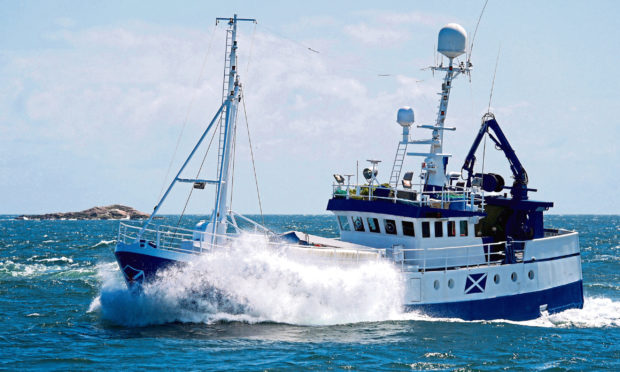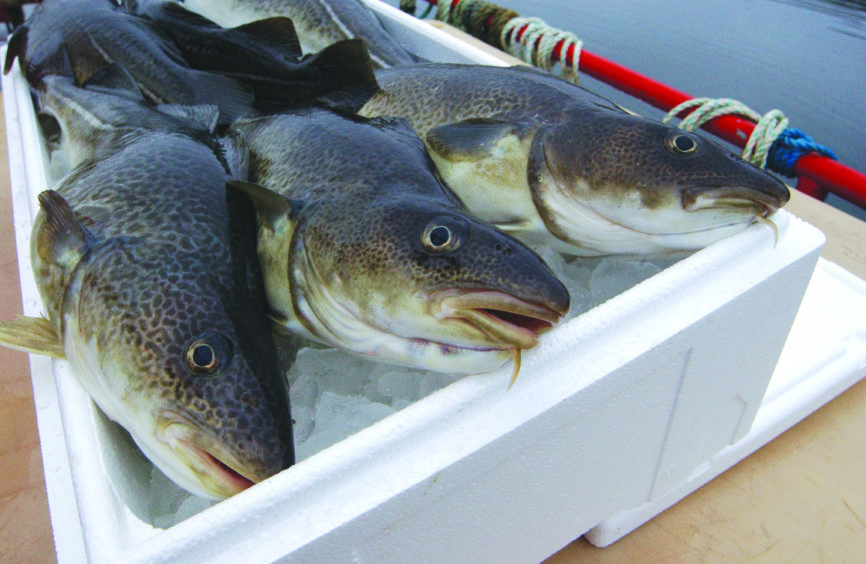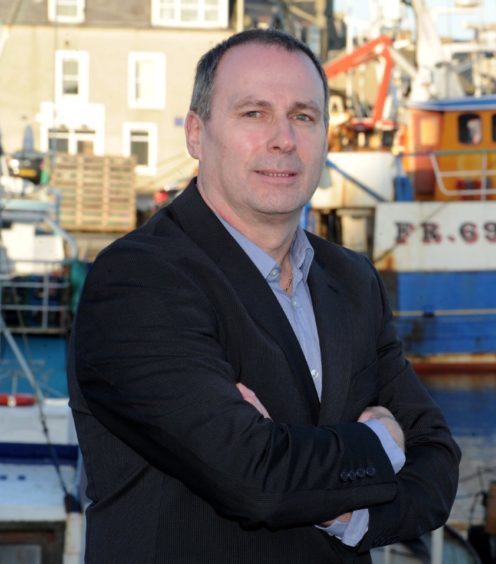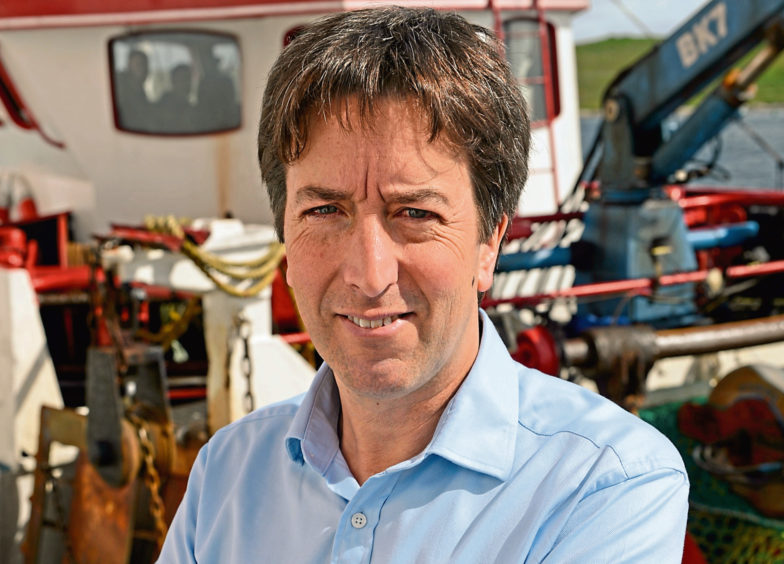Scotland’s two largest fishing associations are urging Scottish ministers to create a special panel to review stock assessments after wild swings in catch advice in recent years.
The Scottish White Fish Producers’ Association (SWFPA) and Shetland Fishermen’s Association (SFA) say the new body is needed to evaluate recommendations from the International Council for the Exploration of the Sea (Ices), an influential group of marine scientists whose advice is a big factor in setting catch quotas.
SWFPA and SFA say Ices’ assessments have “shaky foundations”, with most derived from computer models and complex mathematical algorithms based on “highly simplistic assumptions”.
They cite the example of north-east Atlantic mackerel advice, which swung from a total catch limit of 857,000 tonnes in 2017 to 318,000t in 2018 and then back up to 922,000t in 2019, after Ices reviewed its modelling and adjusted its algorithms.
SWFPA and SFA are also highlighting Ices’ advice for cod, saying the scientists have failed to take account of fish stock migration from the southern to the northern part of the North Sea.
Estimates of the spawning-stock biomass for North Sea cod – the total weight of fish in the stock that are old enough to spawn – vary from one year to the next by an amount greater than the annual catch limit.
Ices itself blamed a computer code glitch for it changing its 2017 catch advice for a key haddock fishery from a 30% increase to a 45% cut.
‘No peer review’
SWFPA chief executive Mike Park said: “The drawbacks of the Ices modelling are compounded by the fact there are no alternative sources of advice.
“There is no peer review of the advice, and fisheries managers are not obliged to consider advice or information from other sources.
“So we have ended up with a monoculture that needs to be redressed, and that is why we are advocating the creation of a Fisheries Advice Panel – charged with reviewing scientific advice for the benefit of the Scottish fisheries minister, particularly when it comes to negotiations over total allowable catches and quotas.”
Mr Park said the new panel could be similar to the Bank of England’s monetary policy committee, which evaluates economic data and weighs it in the light of other information.
He added: “The panel could meet every time that Ices publishes advice on stocks of interest to Scotland. It would then report to the fisheries minister with an opinion on each stock as to whether it is credible or unreliable.
“It would allow erroneous assessments produced from Ices modelling to be set aside,” he added.
SFA executive officer Simon Collins said skippers often ended up with quotas which “bear little resemblance to the abundance of different species on their fishing grounds”.
“It is essential that limits on what fishermen can catch are informed by science, Mr Collins said, adding: “Unfortunately, the advice produced by Ices can turn out to be erroneous, resulting in unnecessary damage to the fishing industry and the communities that depend on it.”
The call for an evaluation panel to be set up by the Scottish Government is made in a joint paper by the two fishing associations, Ices-plus: Improving Scientific Advice in Scottish Fisheries Management.
Scottish research reveals links between key fish stocks and the state of seabeds
Scottish fishers’ fury over suspect Danish trawling



